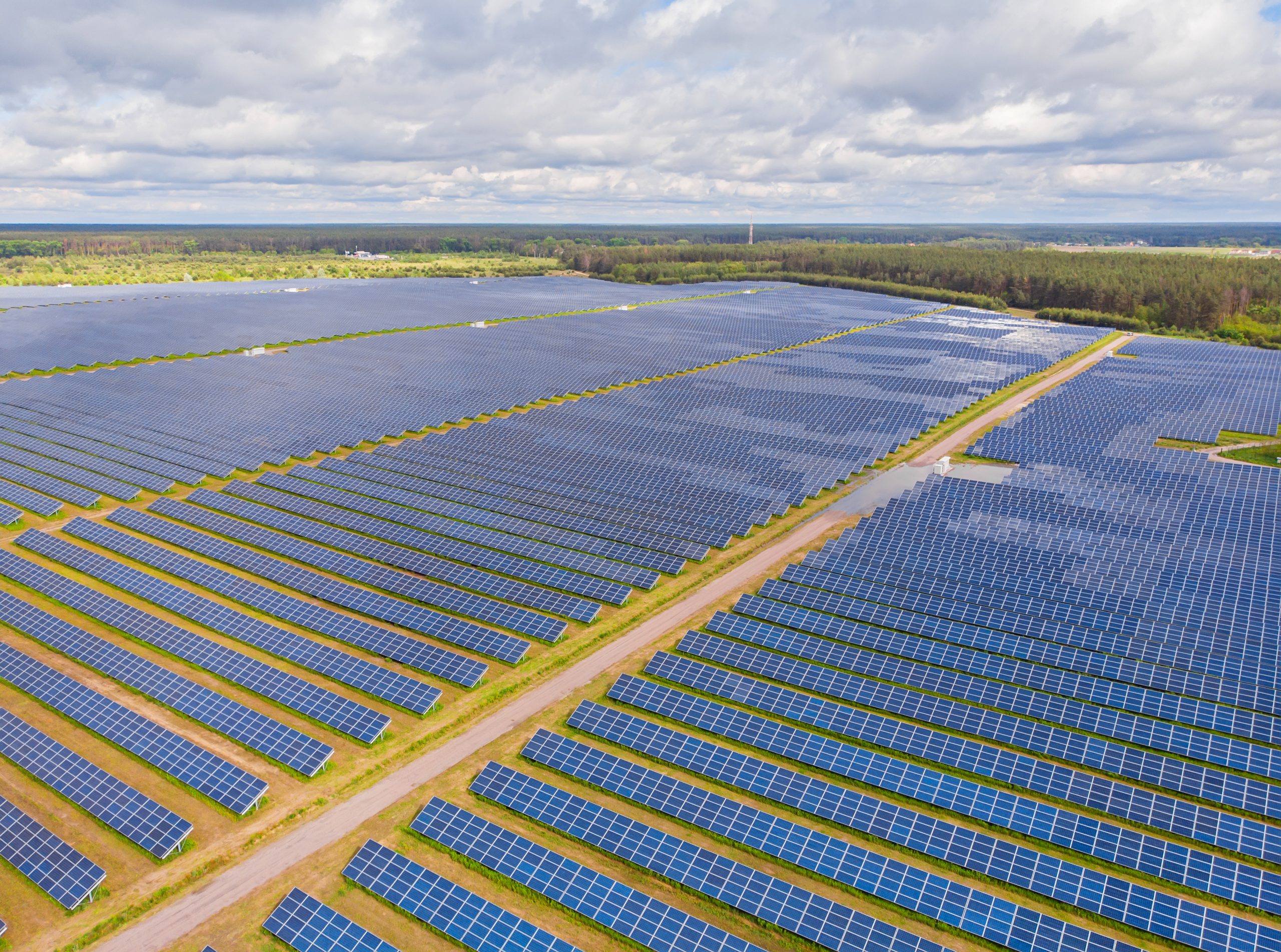Recent developments in the United Kingdom’s energy strategy have sparked significant controversy, particularly among the country’s farming community. As the UK government pushes forward with ambitious plans to bolster renewable energy production, the agricultural sector has raised concerns over the use of farming land for large-scale solar farm installations. Farmers are increasingly vocal about the potential loss of vital agricultural land to solar projects, and they are calling for stronger regulations to protect land designated for farming from being repurposed for energy production.
The debate centers around a growing tension between the government’s desire to achieve energy independence and sustainability, and the need to preserve the nation’s farming infrastructure, which is essential to food security. This has become a key issue following recent comments by government officials, who have signaled their support for the rapid expansion of solar energy projects as part of the UK’s long-term energy strategy.
The Government’s Energy Strategy: Pursuing Energy Sufficiency
The UK government’s push for solar energy is a critical part of its broader strategy to reduce reliance on fossil fuels, combat climate change, and achieve energy independence. Ministerial statements have emphasized that large-scale solar farms are essential to achieving the UK’s ambitious climate targets, particularly in light of the energy challenges presented by global conflicts and the rising costs of imported energy.
Solar energy is seen as a key component of a greener, more self-sufficient energy future, with the government advocating for significant expansion of solar infrastructure to help meet renewable energy targets. The government aims to reach net-zero emissions by 2050, and solar power is expected to play a substantial role in this transition.
The government’s commitment to scaling up solar energy capacity includes the construction of large solar farms across the country. However, in some areas, these farms are being proposed for agricultural land, which has triggered strong opposition from farmers.
Farmers’ Concerns: Losing Land and Livelihood
Farmers are concerned that the rapid growth of solar energy projects on agricultural land will have detrimental effects on the viability of farming. The land required for solar farms is often prime agricultural space, and converting this land to energy production raises questions about the long-term sustainability of food production in the UK.
Many farmers argue that the land used for solar installations could otherwise be used to grow food or support livestock, which is becoming increasingly important as food security becomes a national concern. The agricultural industry is already under significant pressure, with rising costs, labor shortages, and uncertainty about the future of farming due to climate change. The diversion of agricultural land to energy production could compound these challenges, leaving farmers struggling to make a living while the country’s food supply could be compromised.
Farmers are also worried about the economic implications of losing farming land. Renting land for solar farms may offer immediate financial relief, but many argue that it is not a sustainable long-term solution for the farming sector. The possibility of losing productive land to solar infrastructure means fewer opportunities for crop rotation, livestock grazing, and general agricultural production, which could result in long-term economic consequences for farmers and rural communities.
Calls for Regulation: Protecting Agricultural Land
In response to the growing concerns, farming unions and agricultural groups are calling for stronger regulatory frameworks to protect designated farming land from being repurposed for solar projects. These groups are advocating for policies that ensure solar farms are developed only on land that is less critical for food production, such as brownfield sites or areas that are not deemed essential for farming.
The National Farmers’ Union (NFU) has been vocal in its opposition to the use of agricultural land for large-scale solar farms without proper safeguards. The NFU has urged the government to take a more balanced approach, ensuring that solar energy projects do not come at the expense of the farming industry. Their calls for regulation include ensuring that solar installations are subject to a rigorous environmental and land-use assessment process to determine whether land should be used for energy production or retained for farming.
The push for regulation also includes ensuring that local communities are given a say in the development of solar farms. Farmers argue that decisions made at the national level can often overlook the specific needs and circumstances of local farming communities. By involving local stakeholders, including farmers and landowners, in the decision-making process, they hope to protect agricultural land and avoid the adverse effects of solar development.
The Role of Solar Energy in the UK’s Renewable Future
The growing demand for renewable energy, including solar power, is driven by several factors, including the need to meet climate goals and the pressure to reduce reliance on non-renewable sources. The UK government has made significant investments in renewable energy infrastructure and has committed to a more sustainable energy future. Solar energy, with its low carbon footprint and scalability, is seen as one of the most viable options to increase energy independence while reducing greenhouse gas emissions.
However, the shift towards large-scale solar farms must be managed carefully to avoid unintended consequences. While solar energy provides substantial environmental benefits, the transition to renewable energy must not come at the expense of food security or the livelihoods of farmers.
The growing tension between the needs of the renewable energy sector and the concerns of the agricultural industry highlights the need for a more nuanced approach to land use. A balanced solution would involve finding ways to meet renewable energy goals while also protecting farming and food production in the UK. This may involve exploring alternative land use models, such as agrovoltaics, which combine agricultural production with solar energy generation, or ensuring that solar farms are built on non-arable land.
Conclusion: Seeking Balance and Sustainable Solutions
The debate over solar farms on agricultural land is part of a broader conversation about the future of energy and food production in the UK. While the government’s push for renewable energy is vital to achieving energy independence and tackling climate change, it is crucial that the needs of farmers and food security are not overlooked. By implementing regulations that protect farming land and ensure that solar projects are developed responsibly, the UK can navigate this challenge and work toward a more sustainable and resilient future.
Farmers and environmentalists alike must be part of the conversation as the UK seeks to balance its energy ambitions with the needs of its agricultural sector. Through thoughtful regulation, collaboration, and innovative land-use strategies, it may be possible to develop renewable energy solutions that support both the UK’s energy goals and its food production needs.
References
- Department for Business, Energy & Industrial Strategy (2023). UK Energy Security Strategy.
- National Farmers’ Union (2023). The Future of UK Farming: Protecting Our Land.
- Solar Energy UK (2023). The Role of Solar Power in Achieving Net-Zero.
- DEFRA (2022). Agriculture and the Environment: Land Use Policy and Future Directions.
Image by Oleksandr Ryzhkov on Freepik

